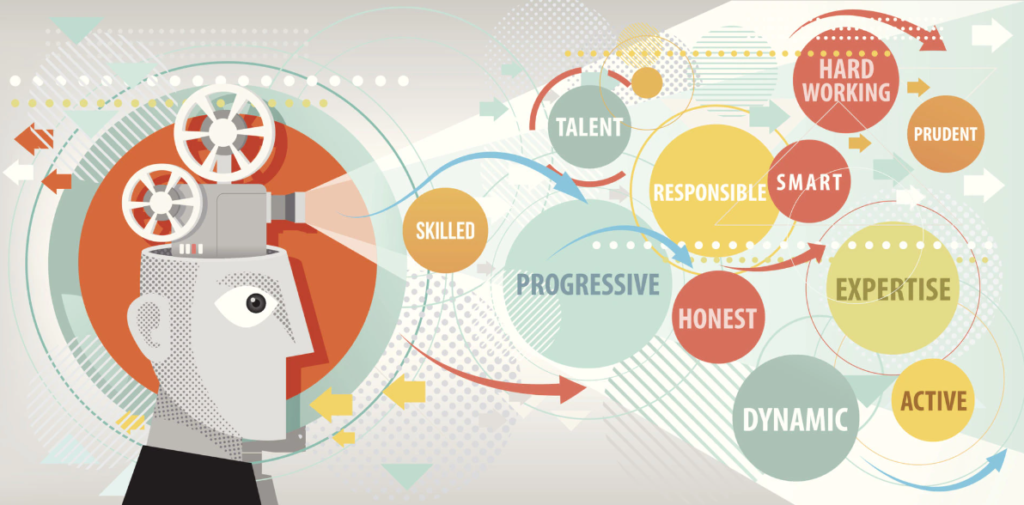
Why Emotional Intelligence Matters in the Workplace and How to Improve It
Emotional intelligence (EQ) refers to the ability to understand and manage one’s emotions, as well as the emotions of others. In the workplace, emotional intelligence plays a critical role in building strong relationships, effective communication, and successful leadership. In this blog post, we will explore why emotional intelligence matters in the workplace and how to improve it.
- Improved Communication: One of the key benefits of emotional intelligence is improved communication. By being able to identify and understand your own emotions and those of others, you can communicate more effectively and build stronger relationships with your colleagues.
- Increased Empathy: Emotional intelligence can also help you to develop empathy, which is the ability to understand and share the feelings of others. This can be particularly helpful in the workplace, where empathy can improve team dynamics and lead to more effective collaboration.
- Better Leadership: Emotional intelligence is essential for effective leadership. Leaders who are emotionally intelligent are better able to inspire and motivate their teams, manage conflict, and make difficult decisions. By understanding the emotions of their team members, emotionally intelligent leaders are able to build trust and foster a positive work culture.
- Improved Problem Solving: Emotional intelligence can also help you to approach problems more effectively. By being able to regulate your own emotions, you can remain calm and focused when faced with challenges. In addition, by understanding the emotions of others, you can more effectively work with others to find solutions to problems.
- Higher Job Satisfaction: Finally, emotional intelligence can lead to higher job satisfaction. By understanding and managing your own emotions, you can develop a greater sense of self-awareness and confidence. In addition, by building strong relationships with your colleagues, you can feel more connected to your work and more engaged in your role.
So, how can you improve your emotional intelligence in the workplace? Here are some tips:
- Practice Self-Awareness: Take the time to identify and understand your own emotions, and learn to regulate them effectively.
- Develop Empathy: Try to understand the emotions of others, and consider how they may be feeling in different situations.
- Build Strong Relationships: Invest time in building strong relationships with your colleagues, and communicate openly and honestly with them.
- Seek Feedback: Ask for feedback from your colleagues, and be open to constructive criticism.
- Practice Mindfulness: Mindfulness can help you to develop greater self-awareness and emotional regulation.
In conclusion, emotional intelligence matters in the workplace, and by developing your emotional intelligence, you can improve communication, build stronger relationships, become a better leader, solve problems more effectively, and enjoy higher job satisfaction. By practicing self-awareness, developing empathy, building strong relationships, seeking feedback, and practicing mindfulness, you can improve your emotional intelligence and become a more effective and successful professional.